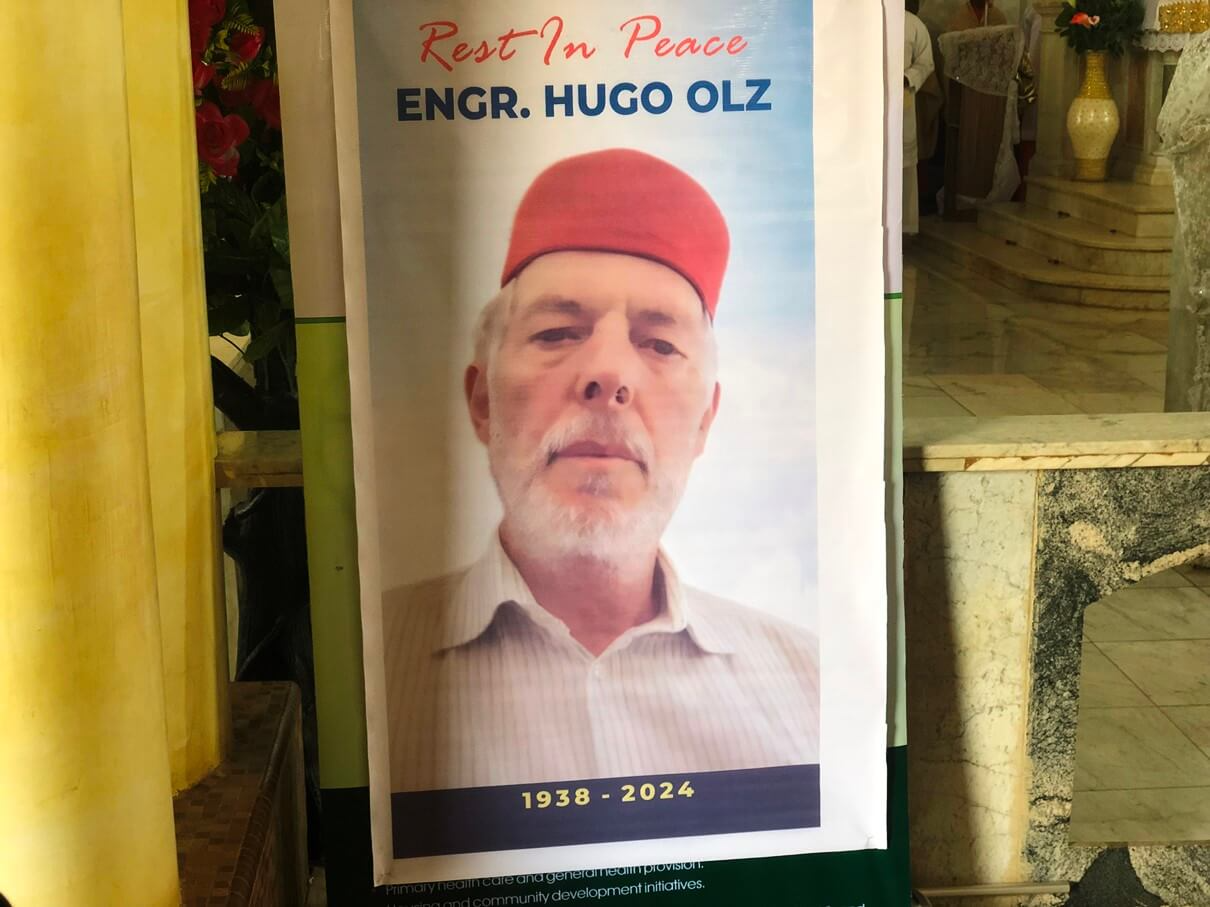
1st September 2022
On Thursday 1 September 2022, Globethics.net Executive Director Prof Dr Obiora Ike was honoured to present a keynote speech at EthiXpert’s Johannesburg session of the Power of Knowledge International Symposium. This hybrid event, held simultaneously in Johannesburg, Amsterdam, and Beirut, was organised collaboratively by EthiXpert, KIT and ASFARI.
The symposium gathered experts from around the world to share dialogue and critical reflections on how inclusive, fair, and equitable knowledge partnerships can unlock the power of knowledge. Opening the Johannesburg event with the first keynote speech, Dr Genevieve James of UNISA contextualised this important topic, sharing insight on the relationship between knowledge, power, and the Sustainable Development Goals.
Across the world today, Dr James asserted, the Global North has hegemony over knowledge production: with English being the language of the internet, research funding and publishing opportunities being biased towards countries in wealthier regions, and unequal and inequitable access to ICT. Those who own and produce knowledge have long exerted their power over Africa, she continued, but a new world order does not have to be divisive. Voluntary and collaborative relationships – effective, authentic, mutually-enabling partnerships – working towards a common purpose of shared knowledge can result in a better world.
Following Dr James’ positive and hopeful message for a better future, Prof Dr Ike gave the second keynote speech, emphasising the message that knowledge, like power and technology, is a tool that should be used to serve the common good. When these tools are not shared equally, as highlighted by Dr James, problems arise around the world that affect us all.
Recounting a Bedouin story featured in the New York times, Dr Ike shared an invitation to start teaching ethics early: in families, communities, schools and through to higher education so that the practice becomes integrated with politics, governance, and business. A primary concern of society, he continued, is in what and how young people – the leaders of the future – are taught.
Thankfully, higher education institutions act as catalysts for development: a key area of society where ethics should be taught. Ethics in education is critical for sustainable development, providing relevance for what is learnt for living and allowing others to live. For this reason, Globethics.net bases its vision and mission on ethics in higher education with the aim to transform society and work towards a common good.
Dr Ike went on to present the rich programme offered by Globethics.net in support of this aim. The positive impact of our open-access courses, publications, library, and network focusing on applied ethics is considerable, he said, sharing testimonials from our many participants. Symposium attendees, and indeed all, are invited to benefit from these important resources by registering for Globethics.net.
A third keynote speech by Dr Thomas Nyirenda (EDCTP) emphasised the need for networks and communities to work together to share accurate knowledge in order to empower each other and avoid the pitfalls of misinformation. He proposed guidelines for effective knowledge partnerships, like those Globethics.net seeks to build: building mutual trust; sharing information and responsibility; fostering transparency; defining objectives together and monitoring collaboration to ensure results are achieved.
The message from the Power of Knowledge Symposium is clear: we must all work together to share knowledge for the mutual and equitable empowerment of all.
Take steps to empower yourself and your community by registering now for Globethics.net and benefiting from our resources.




